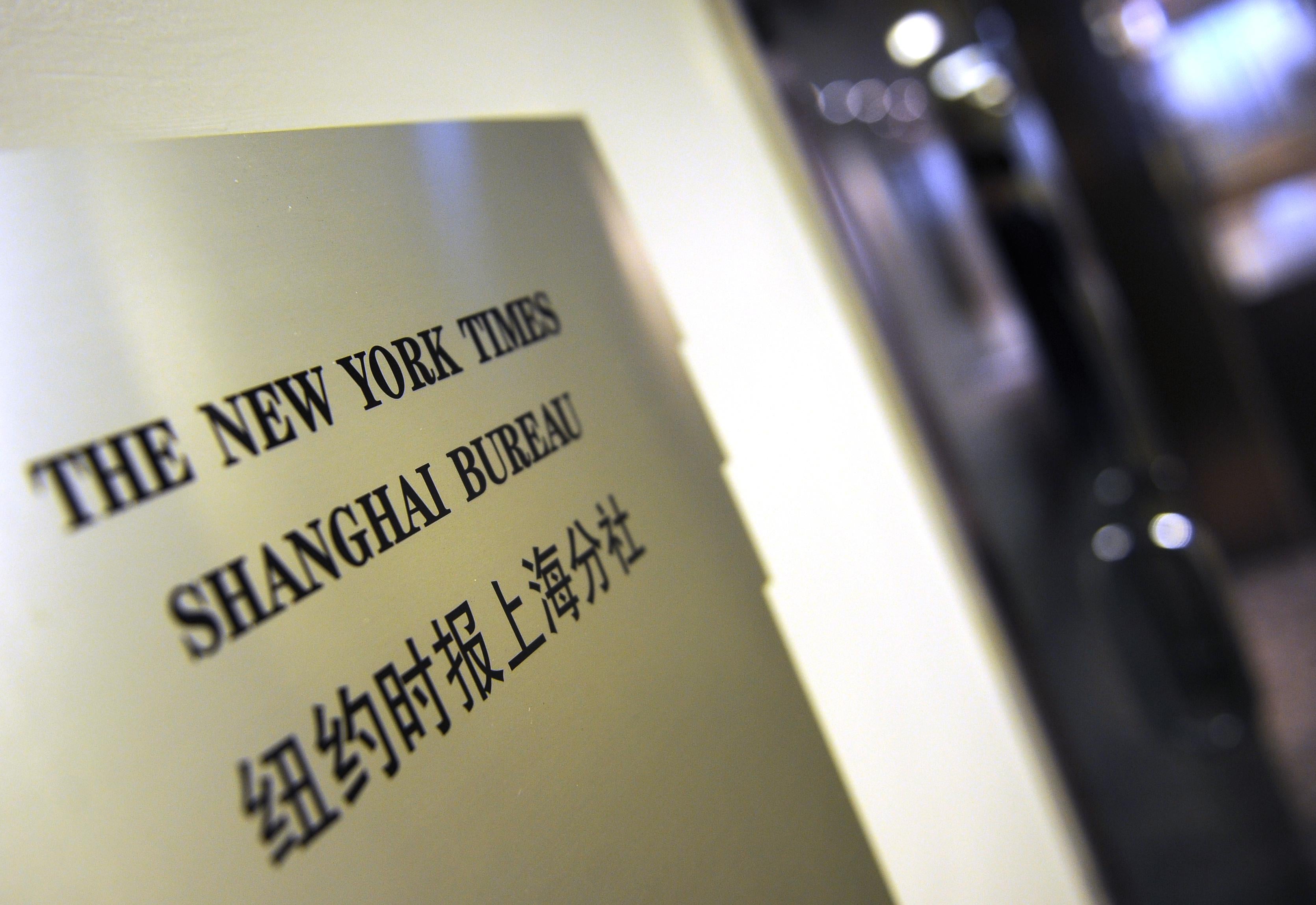China appears to be on the verge of kicking the New York Times and Bloomberg out of the country. Nearly two dozen journalists from the two organizations, which have been at odds with the government since last year over a series of articles about the wealth and connections of senior officials, are waiting to see if their residence visas for next year will be renewed by the end of this month. Vice President Biden raised the issue in recent meetings with Chinese President Xi Jinping, but as the Huffington Post’s Michael Calderone reports, some are calling for stronger action. Several outlets are now going as far as to call for the U.S. to take the unprecedented step of retaliating by denying visas to Chinese reporters.
In a recent editorial, the Washington Post pointed out that “Chinese journalists get an open door to the United States. This reflects U.S. values and is fundamentally correct. But perhaps, if China continues to exclude and threaten American journalists, the United States should inject a little more symmetry into its visa policy.”
In a debate between hosted by the Asia Society website ChinaFile, journalists and scholars seemed about evenly split on whether such measures would be advisable, with some advocates comparing it to the way countries retaliate against exports bans on certain products.
In the ChinaFile debate, veteran journalist Paul Mooney, whose own visa to cover China for Reuters was denied last month, argued:
I’m not in favor of limiting the freedom of expression of Chinese journalists in the United States, but if the U.S. State Department also delayed the approvals of visas for Chinese journalists and media executives trying to work in the United States, there’s no doubt in my mind that Beijing would soon get the message, and that Beijing’s unacceptable behavior would stop.
Rep. Dana Rohrabacher, R-Calif., has also been pushing for such a policy for a while now.
This strikes me as a dangerous road to go down. China isn’t the only country where this issue comes up. Russia, for instance, appears to be selectively denying certain reporting visas ahead of the Sochi Olympics. If the U.S. sets a precedent that the awarding of journalist visas is politically conditional, other countries may feel much more comfortable playing this game. Just as NSA surveillance revelations have accelerated calls for “cyber-sovereignty,” a media access trade war between the U.S. and China seems like the kind of thing that could set off a race to the bottom.
Given that Chinese state media outlets have ambitious plans for global expansion, including in the United States, it seems like it’s not the worst thing if they at least think this was a possibility. Hopefully the U.S. can find ways to apply pressure on this issue without losing the moral high ground.
